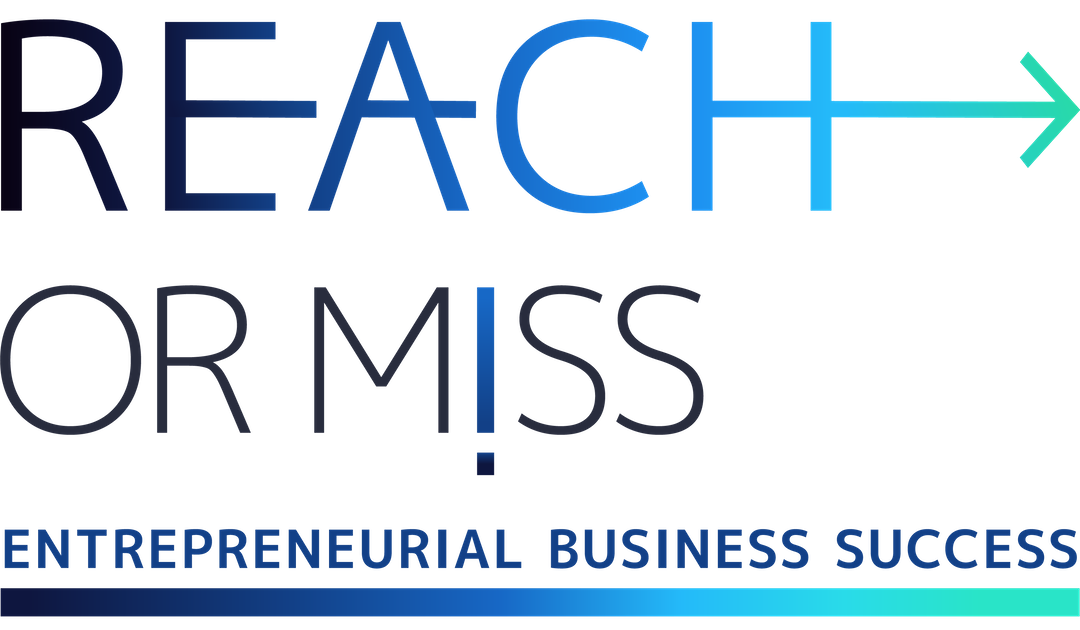Ep. 128 – Deborah Mills-Scofield: “One of the three tenets I live by is: ‘Rush to discover, don’t rush to solve!’”

Deborah Mills-Scofield Show Notes
Deborah Mills-Scofield helps mid- to large-sized companies make “strategic planning” a verb. She is also a partner in an early-stage venture capital firm. Deb has written for Harvard Business Review and other venues, including her own blog, and has contributed to several books. Deb graduated from Brown University in three years and helped start the Cognitive Science concentration. After graduation, she went to AT&T Bell Labs, where her patent was one of the highest-revenue-generating patents for AT&T and Lucent. She is on the Advisory Council of Brown University’s Engineering School and lectures at Brown. Deb also mentors student entrepreneurs of all types, advises in the Brown Design Workshop, and supports those involved in STEAM. She measures her success by her clients’ success and their impact.
Most passionate about
- There are two parts to that answer. The first part is my ‘work’ work, the paying kind, in which I’m working with mid- to large-sized companies, helping them discover where they want to be in three to five years and how they can get there.
- I help them encourage or enhance themselves if they already have a culture of innovation, or think outside the box—think of the old differently. To me, it starts with the customer, client, or end user (depending on what words they use).
- The second part is that I mentor and advise students at Brown University in Providence, Rhode Island, where I went to school. Working with these brilliant kids keeps me young mentally. It keeps me learning, keeps me challenged. If I can keep up with them, I’ll have no problem keeping up with my clients.
- My students study engineering, biology, chemistry, math, English, education—totally across the board. I mentor them and sometimes I also teach them. Then I get to introduce my clients to really cool kids, which helps them get interesting perspectives. Plus, I help my students find really interesting internships and jobs.
- It’s a nice symbiotic relationship. It all works really well for me.
Deb’s three tenets
- There are three tenets I live my life by. These three tenets apply to my work life, my personal life, and my mentoring.
- There are three kinds of phrases: The first is not mine; it’s from a Jewish theologian and philosopher called Martin Buber: (I–It) and (I–Thou): “I” is I, meaning the person, while “It” means “Do I view the other person, or nature, as a function versus as a relationship?” “I-Thou” means that the other is a “thou”. They are not an objective; they are a person with a relationship, with a life.
- For me, it’s a key to how to view your customers internally or externally, because it’s all about them, it’s not about you.
- The second is: Rush to discover, don’t rush to solve. If you look at the world, at least the Western world, whenever you see a problem, you immediately try to fix it. You don’t try to find out why that’s a problem and what that means. You just try to fix it without knowing many things you probably should.
- And the last is: Your entire life, your approach to things should be: Experiment, Learn, Apply and Iterate. That’s how I live my life.
- I’m insatiably curious, which is a good thing but can also be a frustrating thing. I just really love learning … and then I try to discover patterns.
Deb’s career and entrepreneurships’ development
- It started with growing up in the Northeast: New Jersey and New York City. I went to Brown and then to Bell Lab, which was the think tank for AT&T.
- I was 20 when I graduated and went there. I got paid to play and experiment with ideas.
- I had fantastic bosses and amazing mentors. They were all males, and they did everything to help me succeed.
- Later, my husband, who was a physics professor, got a job and we had to move to Chicago. My bosses did everything to ensure that I would keep working there. So, I flew all the time. Then, when we had children, my bosses helped me keep working from home.
- After my second daughter was born, it was too depressing to keep working for AT&T. They weren’t going in the right direction. My husband thought I should open my own business for strategy and innovation, which was what I actually did at Bell Lab. He really encouraged me, which was typical of him but not typical of our generation at that time.
- And so I was out on my own. I opened my practice focusing on strategy and innovation.
Deb’s customers
- My customers today are companies with $100 million in revenue and over. They range from professional services firms to manufacturing to engineering. As long as it’s morally legitimate, I don’t really care.
- Purpose and value have to be the very core of who they are. Generally, they’re privately-held, not amity-held. I’m not a big fan of amity-held companies. I also usually ask my customers to match 10% of my fee and donate it to improve lives in their community.
- I won’t work with people who have hidden agendas or who are in it for themselves versus in it for something bigger—for the people whom they serve internally and externally.
Deb’s best advice for approaching customers
- The most important thing, because it’s also the main reason why companies fail is the following. I go back to Buber’s “I-Thou”. It’s not about you. (Usually, it’s your idea because it’s something you want, and that’s great, but does anybody else really want it and really care?) It’s all about the customer.
- As hard as it is, approach your business from the customer’s perspective. Really walk in their shoes and then solve the problem for them, with them.
Biggest failure with a customer
- It was when my heart overruled my head. I had a client, they were really good people but they weren’t capable of running the company the way it should have been run. And I kept sticking with them.
- I had to walk away but I kept thinking, ‘One more thing and maybe they’ll finely get it”. I learned that I should trust my gut feeling. They can be wonderful people but they don’t have what it takes to take the company to the next level.
Biggest success due to the right customer approach
- I have a client that I’d been working with for 15 years. They’re in manufacturing. They were about $400 million when we started and they’re about $1.5 billion now! Probably over 60% of that is from organic growth, in a commodity market.
- They are the coolest people. They think unlike anybody else in their industry and that’s why they’ve been able to grow in a commoditized market.
- We listen to each other and we have a great, trusting relationship. They’ve been able to pull the best out of me and I’ve been able to pull the best out of them.
Deb’s key success factor
- Martin Buber’s “I-Thou”. Because it keeps me thinking about the other, not about me. It’s not all about me.
Deb’s mountain
Because we believe that the best way for entrepreneurs to get fast, big, and sustainable success is by leading your (new) market category, and the entire entrepreneurial journey reminds me of mountaineering, or conquering the mountain, I want to ask you if there is a mountain you dream of climbing or a mountain you have already climbed?
- That would be going out on my own. When I had to quit AT&T and go out on my own, that was one heck of a mountain to climb!

“one heck of a mountain to climb!”
The best way to contact Deborah
- Website
- BIF Video: I-Thou in A Networked World
- BIF Video: Mentoring as key to one’s business model
More resources for Entrepreneurs
- Don’t Miss – Customer Focus Strategy & Execution: Market Analysis for Fundraising
- Hayut Yogev’s Latest post: ”I’m most passionate about is stopping small business failures. That’s what keeps me up at night and what keeps me going every day.”
- Former interview: Melinda F. Emerson, “SmallBizLady”, America’s #1 Small Business Expert, shares her 12 P’s of ruling a successful business
